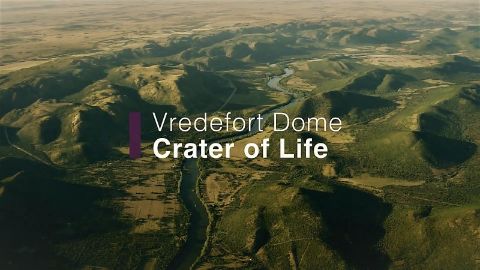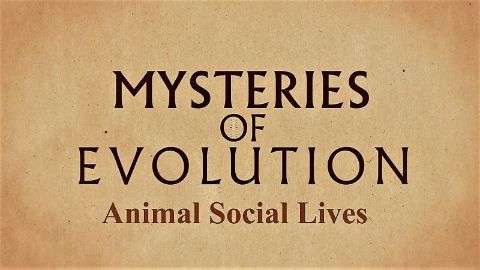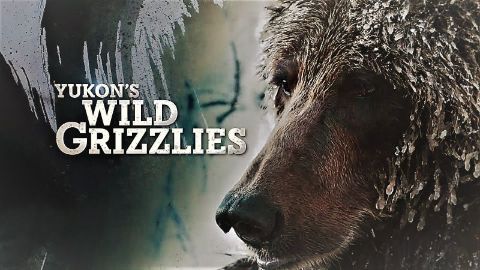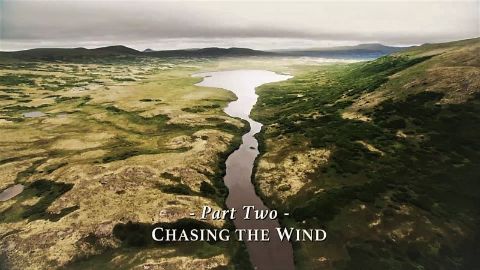The Witness is a Whale • 2023
A thousand years ago, many millions of whales dominated the sea, with their ancient behaviours vital to the well-being of the oceans. These marine mammals are the ambassadors between one world and another, land and sea, their close communities only now being truly researched and understood. They are still a keystone species in our fragile ecosystem today, with crucial impact on our seas and the life contained within them. But whaling decimated their numbers over the last 150 years, in particular the whaling industry run by the KGB during the Cold War. In a basement in Odessa, top-secret Soviet whaling reports record the unimaginable number of whales killed. This film tells how surviving members of the Soviet leadership, and original Soviet whalers, uncover these secret records, allowing us to understand the magnitude of historical whale populations and the shocking impact of commercial whaling. Whale populations are now largely cherished across the world as we begin to understand these amazing animals, their intelligence and their important contribution to the sustainability and health of the oceans.
Make a donation
Buy a brother a hot coffee? Or a cold beer?
Hope you're finding these documentaries fascinating and eye-opening. It's just me, working hard behind the scenes to bring you this enriching content.
Running and maintaining a website like this takes time and resources. That's why I'm reaching out to you. If you appreciate what I do and would like to support my efforts, would you consider "buying me a coffee"?
Donation addresses
BTC: bc1q8ldskxh4x9qnddhcrgcun8rtvddeldm2a07r2v
ETH: 0x5CCAAA1afc5c5D814129d99277dDb5A979672116
With your donation through , you can show your appreciation and help me keep this project going. Every contribution, no matter how small, makes a significant impact. It goes directly towards covering server costs.





